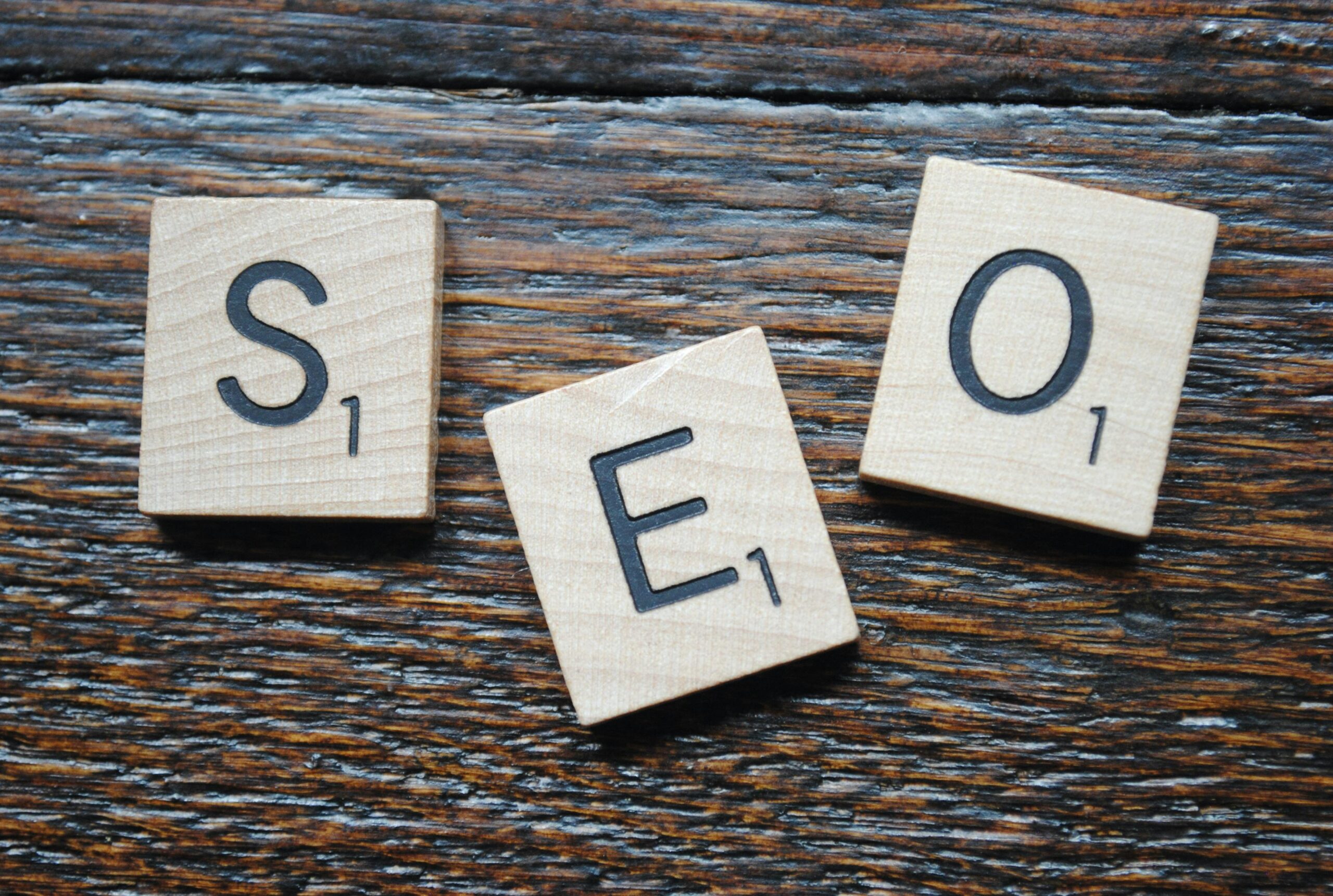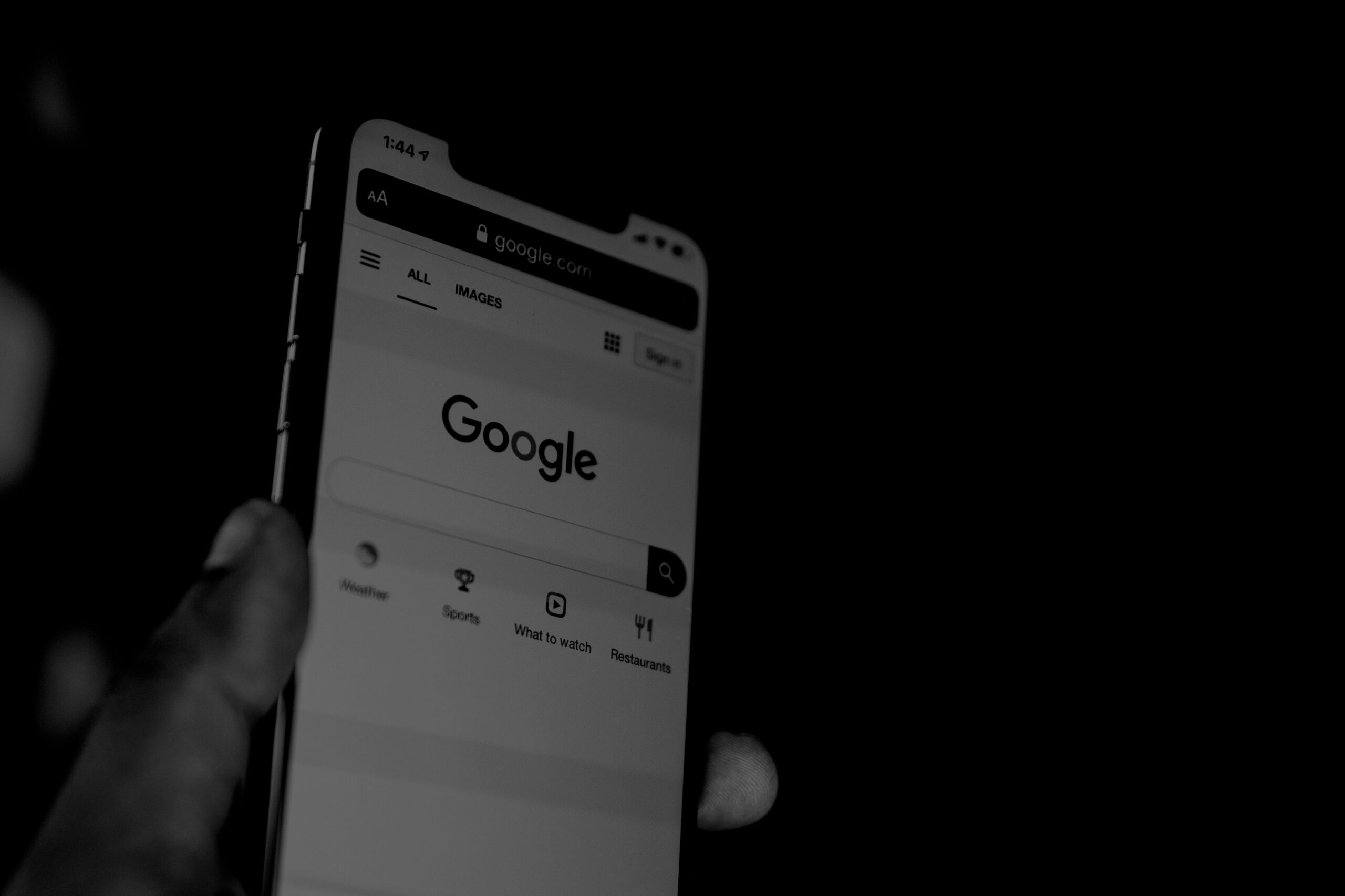Running a hotel is more than just offering a comfortable stay; it’s about attracting the right guests and making them feel at home. To stand out in a crowded market, you need smart, creative marketing ideas that resonate with travelers. Whether you’re a boutique hotel or a large resort, implementing a few simple strategies can help you boost bookings and build lasting relationships with your guests. Let’s dive into some effective hotel marketing ideas that will get your business noticed.
A strong marketing plan is the backbone of any successful hotel marketing strategy. It provides the structure and direction needed to guide your efforts and achieve your business goals. A well-crafted plan should start with clear objectives that align with the overall vision of your hotel. Whether it’s increasing bookings, improving brand awareness, or enhancing customer loyalty, defining these goals will help you stay focused and measure progress.
Understanding your target demographics is another crucial aspect. By defining the types of guests you want to attract – whether they’re business travelers, families, couples, or solo adventurers – you can tailor your marketing messages and campaigns to resonate with their needs and preferences. This ensures that your marketing efforts are not only efficient but also relevant to the right audience.
Equally important is identifying the most effective marketing channels to reach your audience. Whether it’s social media platforms like Instagram and Facebook, search engine optimization (SEO) for your website, or email marketing campaigns, knowing where your guests spend their time online will allow you to target them more precisely. Consider incorporating both organic and paid strategies, as they can complement each other to enhance your online visibility and drive traffic.
In addition, conducting regular competitor analysis helps position your hotel uniquely in the market. Understanding what your competitors are doing – what works for them and where they’re falling short – can provide valuable insights for differentiating your offerings. You might discover gaps in the market or new opportunities to better serve your guests, making your hotel stand out.
To keep everything on track, it’s essential to allocate a clear and realistic budget for all aspects of your marketing plan. This includes digital marketing efforts such as SEO, content creation, and social media management, as well as paid advertising like Google Ads or social media promotions. Don’t forget to include funds for guest engagement activities, such as loyalty programs or special events, which can build stronger relationships with your audience.
Finally, your marketing plan should be a living document. It’s important to regularly review its effectiveness, track performance using analytics tools, and make adjustments as needed. This allows you to stay agile and adapt to changing market trends, ensuring that your hotel stays relevant and competitive. By staying on top of data and continuously refining your strategy, you’ll be able to respond quickly to new opportunities and challenges in the ever-evolving hospitality industry.
Your website should be designed to drive direct bookings efficiently.
Key Enhancements:
- Speed Optimization: Ensure fast page load times by compressing images and using caching techniques.
- Mobile-Friendliness: Make sure the site functions seamlessly on all devices.
- Seamless Booking Process: Minimize steps in the reservation process and offer multiple payment options.
- Clear CTAs: Buttons like “Book Now” should be prominently placed with engaging offers.
- Secure and Trustworthy: Display security badges, guest testimonials, and refund policies to instill confidence.
A high-performing website reduces dependency on OTAs and increases profitability.
First impressions matter, and high-quality visuals are crucial for capturing guest interest. Professional photography should highlight the best aspects of your property, from luxurious rooms to stunning poolside views. Video content, including virtual tours and behind-the-scenes clips, adds an immersive touch. Sharing this content across your website, social media, and email campaigns enhances engagement. Hotels that invest in high-quality visuals tend to receive more direct bookings and higher guest trust.

SEO is one of the most powerful long-term strategies for improving your hotel’s visibility online and attracting more organic traffic. When done correctly, it helps your hotel appear at the top of search results when potential guests are searching for accommodations in your area or destination. SEO is not just about increasing website traffic; it’s about driving the right kind of traffic – visitors who are ready to book. Key Focus Areas for SEO Success:
Keyword Optimization
One of the fundamental aspects of SEO is choosing the right keywords. These are the search terms that potential guests are typing into search engines when looking for a hotel. To get the best results, focus on high-intent keywords that reflect what your guests are likely searching for. For example, instead of just targeting the broad keyword “hotel,” you should target specific phrases like “boutique hotel in New York” or “luxury beach resorts in Bali.” These high-intent keywords show that a person is more likely to book once they land on your site. Additionally, consider including long-tail keywords like “family-friendly hotels in Paris with pool” or “pet-friendly hotels in San Francisco,” which can help you attract more niche markets.
On-Page SEO
On-page SEO involves optimizing the individual pages of your website to make them more attractive to search engines. This includes crafting SEO-friendly page titles and descriptions that include your targeted keywords, ensuring your images have alt-text, and using header tags effectively. Every page should clearly communicate its relevance to both search engines and visitors. For instance, your homepage might include phrases like “best boutique hotels in London” to show search engines that it’s relevant to people looking for accommodations in that location. Additionally, optimizing your site’s internal linking structure will help both users and search engines navigate your content more easily.
Local SEO
Since many hotel bookings are made by travelers searching for nearby accommodations, local SEO is crucial. To improve your local search rankings, start by claiming and optimizing your Google Business Profile. This ensures that your hotel shows up in local searches, Google Maps, and the local pack. It’s important to keep your profile updated with accurate information such as your hotel’s address, phone number, hours of operation, and website. Encourage guests to leave reviews, as positive feedback can improve your local SEO rankings and increase trust among potential guests. Additionally, don’t forget to include local keywords throughout your website and content, such as “best hotels near the Eiffel Tower” or “hotels near Central Park.”
Content Marketing
One effective way to boost SEO is through content marketing. Publishing valuable, informative content that answers common questions or provides useful travel tips can help establish your hotel as an authority in the travel and hospitality space. Destination guides, local event calendars, travel itineraries, seasonal promotions, and blog posts about things to do in your area are excellent ways to drive organic traffic. Not only do these articles provide value to your audience, but they also help Google understand that your website is a useful resource, improving your rankings over time. Guest testimonials and stories can also be powerful content types to include, as they offer authenticity and help drive engagement.
Technical SEO
While the content on your site is crucial, so is the technical aspect of SEO. Technical SEO involves improving the backend structure of your website to ensure it’s accessible, fast, and easy to navigate for both search engines and users. Start by making sure your website is mobile-responsive, as more and more travelers search and book hotels from their smartphones. Site speed is also a major ranking factor, so optimize your site’s load time to ensure visitors don’t leave before they even see your offerings. Structured data, or schema markup, is another key element that helps search engines better understand your content and display it more effectively in search results. Adding structured data for things like hotel reviews, room prices, and availability can make your hotel’s listing more visually appealing and informative in search engine results.
The Impact of SEO on the Guest Journey
SEO helps hotels attract travelers right at the decision-making stage of their journey. Most guests will research multiple hotels before booking, and they often rely on search engines to provide them with the most relevant results. By optimizing your site and content, you ensure your hotel is visible when potential guests are searching for accommodations. And because organic traffic is typically free, SEO offers an excellent return on investment over time. The key is to be patient, as SEO results take time, but with consistent effort, it will pay off by driving quality traffic and increasing your hotel’s bookings.
By leveraging the full power of SEO, your hotel can enhance its online presence, outperform competitors, and ultimately attract more travelers to your website and, most importantly, your property.
Google Business Profile (GBP) is a free yet powerful tool to increase your hotel’s visibility. Ensure that all business details – name, address, phone number, and website – are accurate and up-to-date. Upload high-quality images of your property, including rooms, lobby, and amenities. Encourage satisfied guests to leave reviews, as positive feedback significantly influences potential bookers. Keeping your profile active with updates about promotions or special events can also enhance engagement and improve rankings on Google Maps.
Content marketing helps position your hotel as an authority in the travel industry.
Effective Content Strategies:
- Blogging: Write informative posts about local attractions, travel tips, and hotel experiences.
- User-Generated Content: Feature guest reviews, photos, and stories to build authenticity.
- Video Marketing: Share property tours, staff interviews, and event highlights.
- Seasonal Promotions: Create content around major holidays, festivals, or peak travel times.
Well-structured content marketing builds trust, attracts more visitors, and improves SEO rankings.

Social media platforms are essential for brand awareness and guest engagement. A strong presence on Instagram, Facebook, and Twitter allows hotels to showcase their unique offerings through visuals and interactive content. Consistent posting, engaging with followers, and leveraging user-generated content enhance credibility. Running targeted ads for specific demographics helps attract more potential guests. A well-executed social media strategy increases bookings while creating a loyal online community.
TikTok has become a game-changer for travel marketing.
How to Use TikTok Effectively:
- Showcase Experiences: Highlight unique hotel features such as infinity pools, rooftop bars, or themed suites.
- Leverage Trends: Use trending audio, challenges, or hashtags to increase reach.
- Collaborate with Influencers: Partner with travel influencers to tap into new audiences.
- Behind-the-Scenes Content: Share staff stories, hotel operations, or renovation progress to engage viewers.
Short, engaging TikTok videos can significantly increase a hotel’s online exposure.
Influencer collaborations are a cost-effective way to reach new audiences. Identify travel influencers whose audience matches your target demographic. Offering them a complimentary stay in exchange for social media content can yield high engagement. Micro-influencers, with niche but loyal followers, often provide better ROI than large-scale influencers. Featuring influencer-generated content on your website and marketing materials can add further credibility.
Email marketing remains one of the most effective strategies for guest retention and direct bookings. Essential Email Campaigns:
- Welcome Emails: Send a personalized message to first-time bookers with additional details about their stay.
- Exclusive Offers: Notify past guests about special discounts, last-minute deals, or seasonal promotions.
- Loyalty Program Reminders: Encourage repeat bookings by highlighting rewards and perks.
- Post-Stay Follow-Ups: Request reviews and offer incentives for future stays.
A well-crafted email strategy strengthens guest relationships and boosts direct bookings.
Guest reviews play a crucial role in shaping booking decisions. Responding to both positive and negative reviews shows that your hotel values feedback and prioritizes guest satisfaction. Encourage satisfied guests to leave reviews on platforms like TripAdvisor and Google. Address complaints professionally and offer solutions when necessary. Reputation management not only builds trust but also improves SEO rankings, as search engines prioritize businesses with high engagement.

Paid advertising helps hotels compete with OTAs and attract direct bookings. Effective Paid Marketing Strategies:
- Google Ads: Target specific search queries such as “luxury hotels near me” for maximum visibility.
- Metasearch Platforms: List your hotel on Trivago, Kayak, and TripAdvisor to appear in price comparison searches.
- Retargeting Ads: Re-engage potential guests who visited your website but didn’t complete their booking.
Investing in the right paid channels increases hotel exposure and drives high-intent traffic.
Many travelers browse hotels but don’t book immediately. Retargeting ads help recapture their interest. These ads appear on social media, Google, and partner websites, reminding users of their previous interest. Personalization, such as displaying the room type they viewed or offering a limited-time discount, increases the likelihood of conversion. Retargeting significantly improves booking rates by keeping your hotel top of mind.
Special packages attract different types of travelers and encourage bookings. Popular Package Ideas:
- Romantic Getaways: Couple’s retreats with spa treatments and candlelit dinners.
- Family Packages: Discounts for kids, free breakfasts, and activity bundles.
- Adventure Packages: Excursions, hiking tours, or diving experiences included.
- Long-Stay Discounts: Lower rates for extended stays, perfect for remote workers.
Well-crafted deals add value to a guest’s experience while driving revenue.
At LenGreo, we understand that the hospitality industry is highly competitive, and effective marketing is essential for standing out and attracting guests. As your trusted marketing and tech partner, we specialize in crafting customized strategies that drive results. Whether you are a boutique hotel or a large resort, we work closely with you to understand your unique needs and develop tailored solutions to maximize your visibility and bookings.
With a focus on B2B digital marketing, SEO, lead generation, and content strategies, we have helped businesses across various industries, including hospitality, achieve remarkable results. For instance, we increased annual client acquisitions by 400% for a US software development company, generated over 50 business opportunities for a UK architecture firm, and boosted conversion rates by 53.6% for an IT company in Ukraine. These success stories are a testament to our ability to deliver targeted strategies that produce real, measurable outcomes.
In the hotel industry, it’s not just about promoting your property; it’s about reaching the right guests at the right time. Our team works to ensure that your hotel appears in local searches, optimizes your online presence, and leverages digital channels to enhance your reputation and attract potential guests. From SEO to paid advertising, content creation, and social media management, we offer a full suite of services that help your hotel stand out and drive bookings.
If you’re ready to elevate your hotel’s marketing efforts, let us guide you through the process. Contact us for a free consultation and explore how we can help you grow your hotel’s online presence, increase bookings, and build a loyal customer base.
Conclusion
In today’s competitive hotel industry, smart marketing is the key to standing out and driving bookings. By implementing a combination of digital strategies, guest engagement, and creative promotions, you can build a strong brand and create a loyal customer base. The ideas we’ve covered are simple but effective – and best of all, they can be tailored to fit your hotel’s unique style. Keep testing, keep adapting, and most importantly, keep putting your guests’ needs at the heart of your marketing efforts. With the right approach, your hotel can be the top choice for travelers.










